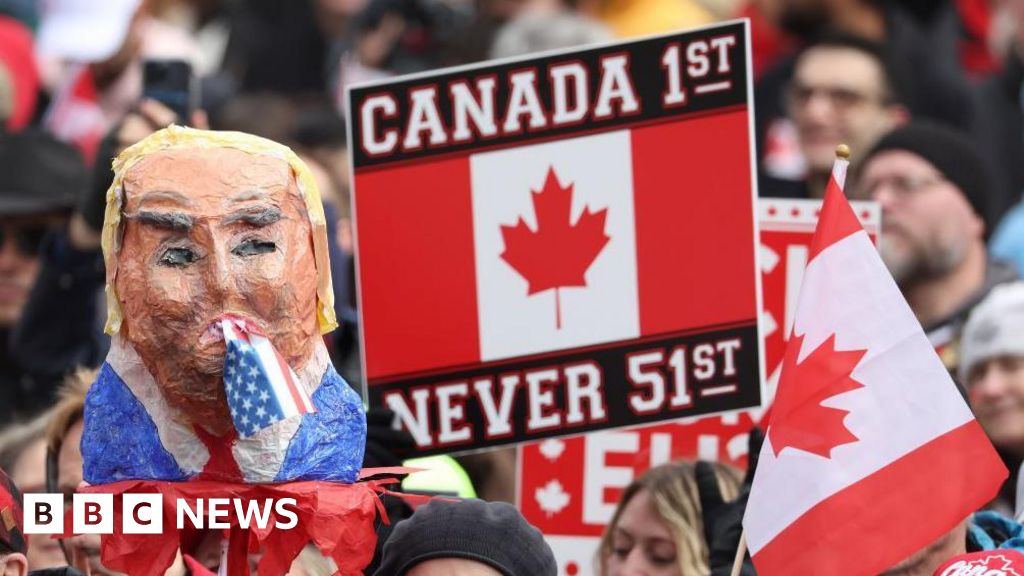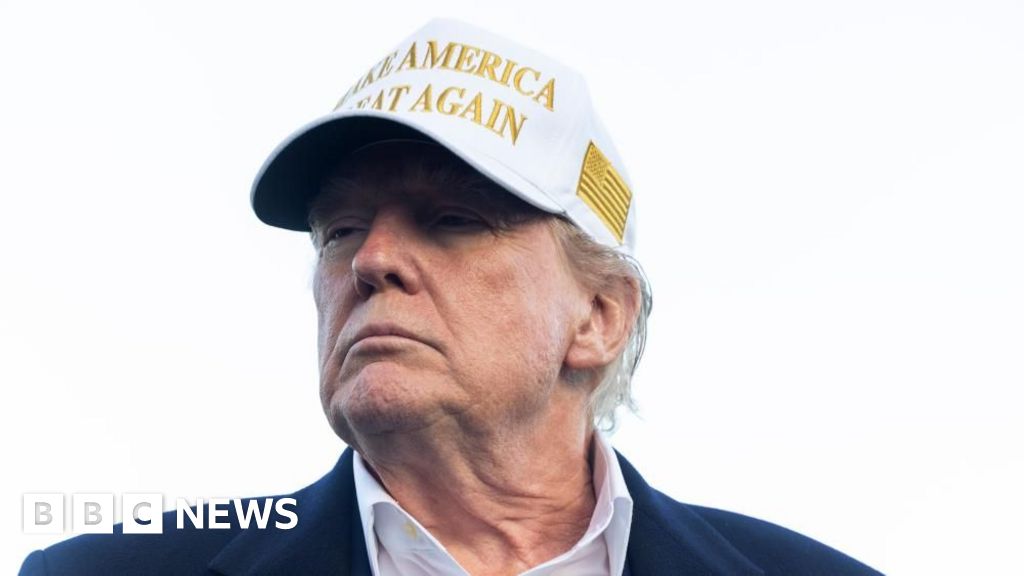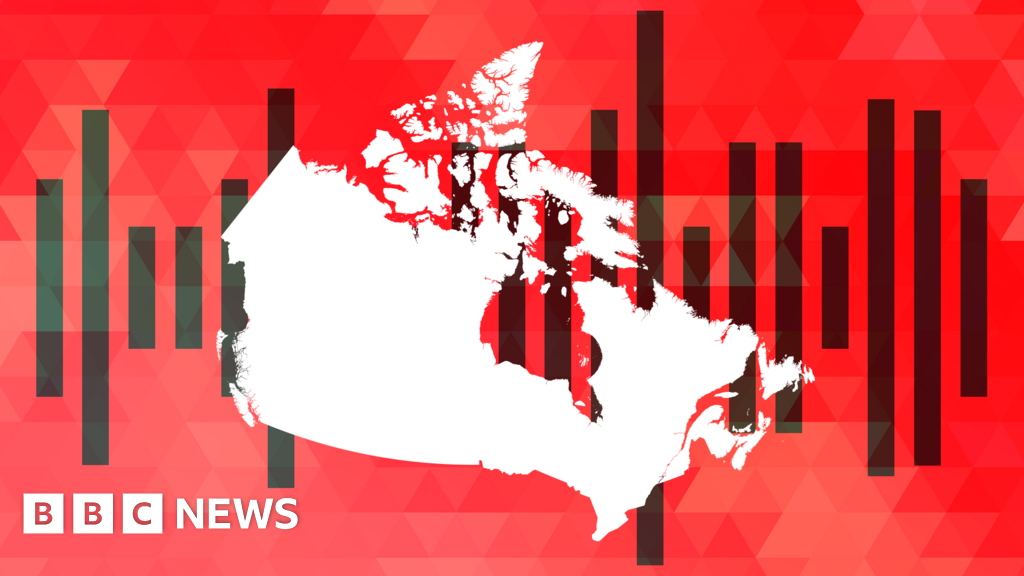Trump's Influence on Carney's Stunning Electoral Victory

In a remarkable twist of fate, Mark Carney and the Liberal Party have secured a significant victory in the recent Canadian election, a win that seems to have been greatly influenced by the rhetoric and actions of U.S. President Donald Trump. Since returning to office in January, Trump has consistently targeted Canada with a barrage of provocations, including his infamous suggestion that Canada might as well become the 51st state of the United States. This unyielding pressure appears to have galvanized support for Carneys center-left party, leading to a dramatic shift in the political landscape.
During his victory speech, Carney made it clear just how pivotal Trump's actions were to his campaign. He sounded the alarm on the potential threat to Canadian sovereignty, stating emphatically, President Trump is trying to break us so that America can own us. That will never ever happen. This assertive stance resonated with voters who may have felt increasingly uneasy about the implications of Trumps administration on Canadas autonomy and economic stability.
Prior to Trumps return to power, the Conservative Party, led by Pierre Poilievre, seemed to be on a winning streak, enjoying a robust lead in voter preference polls. This situation was exacerbated by widespread dissatisfaction with the Canadian economy and the nearly decade-long rule of the Liberal government under former Prime Minister Justin Trudeau. The trend of incumbent governments losing their grip on power has been a global phenomenon over the past year, with political parties across the spectrum facing challenges in countries such as the United States, the United Kingdom, Japan, Germany, France, and India. However, Canada has now broken that trend with this election result.
The Liberal Partys decision to replace Trudeau with political outsider Carney, a former governor of the Bank of England, signaled a significant strategic shift. Carneys campaign was characterized by a relentless focus on the perceived dangers posed by Trump, portraying him not just as a threat to the economy but as a looming shadow over Canadas very sovereignty.
Despite the evident benefits that Trumps rhetoric brought to Carneys campaign, its unlikely that the Liberal Party will express any form of gratitude towards the American leader. Moreover, Trump shows no signs of softening his stance; in fact, he has recently stated a preference for a Liberal prime minister while simultaneously claiming indifference about the election's outcome. This suggests that the combative relationship between the two nations is likely to persist, with Trump expected to continue issuing provocative statements about Canadas political landscape, along with threats of potential trade wars.
The irony in this scenario lies in the fact that Trumps relentless focus on Canada may have inadvertently prevented him from having a neighboring administration that aligns more closely with his populist conservative agenda. While Poilievre may not be a perfect parallel to Trump, they share several ideological tenets, including a commitment to reducing government size, lowering taxes, and promoting fossil fuel production, all while opposing what they perceive as "woke" leftist tendencies in society.
A Conservative victory in this election could have been interpreted as an extension of the wave that swept Trump into office, suggesting a global shift toward the politically right-leaning, anti-elite, anti-immigration, and pro-working-class sentiments that have gained traction in recent years. Instead, the outcome marks a significant victory for the Liberal Party, showcasing how outside influences can dramatically shape domestic electoral politics.



























